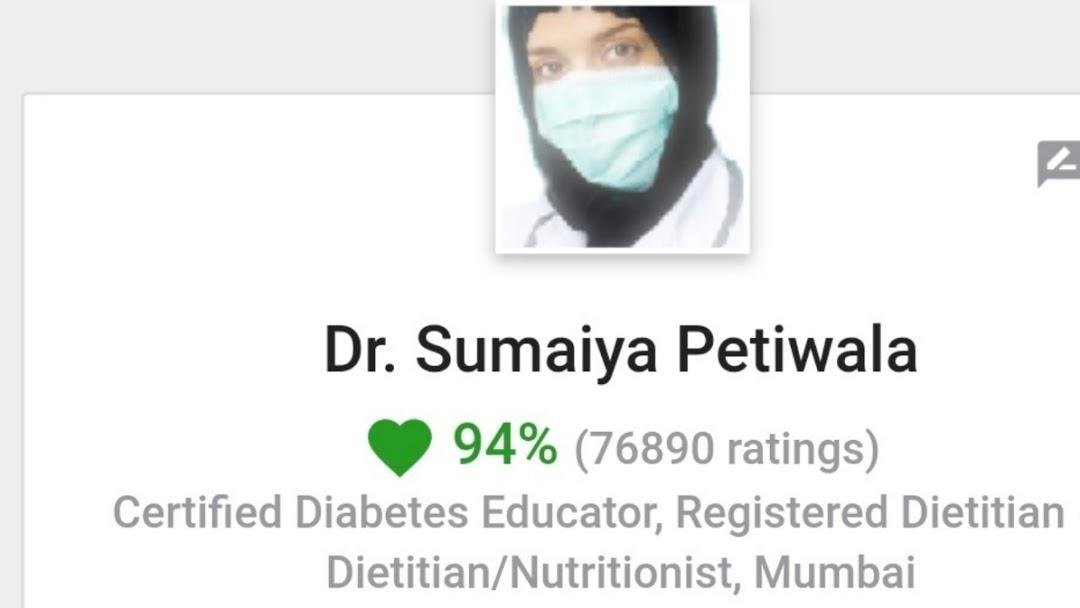Eat enough calories: It is important to consume enough calories to support weight gain. The number of calories needed will vary based on age, gender, height, weight, and activity level. A registered dietitian can help determine the appropriate number of calories for weight gain.
Choose nutrient-dense foods: While it is important to consume enough calories, it is also important to choose nutrient-dense foods that provide a variety of vitamins, minerals, and other nutrients. Some examples of nutrient-dense foods include fruits, vegetables, lean proteins, whole grains, and healthy fats.
Incorporate strength training: Building muscle mass through strength training can help with weight gain. Aim for at least two strength training sessions per week, focusing on different muscle groups each time.
Eat frequent, small meals: Instead of three large meals per day, consider eating smaller, more frequent meals throughout the day. This can help increase calorie intake and provide a steady stream of nutrients.
Stay hydrated: Drinking plenty of water is important for overall health and can also help with weight gain. Aim for at least 8-8 ounces of water per day.
Consult with me! : My name is Dr. Sumaiya Petiwala, and I am a registered dietitian cum doctor. I am passionate about helping individuals improve their health through proper nutrition and lifestyle changes. With my dual qualification, I am able to provide both medical and nutritional guidance to my clients, ensuring they receive comprehensive and holistic care. I am excited to help individuals achieve their health and wellness goals.
Fill my online patient history form to get started NOW:



